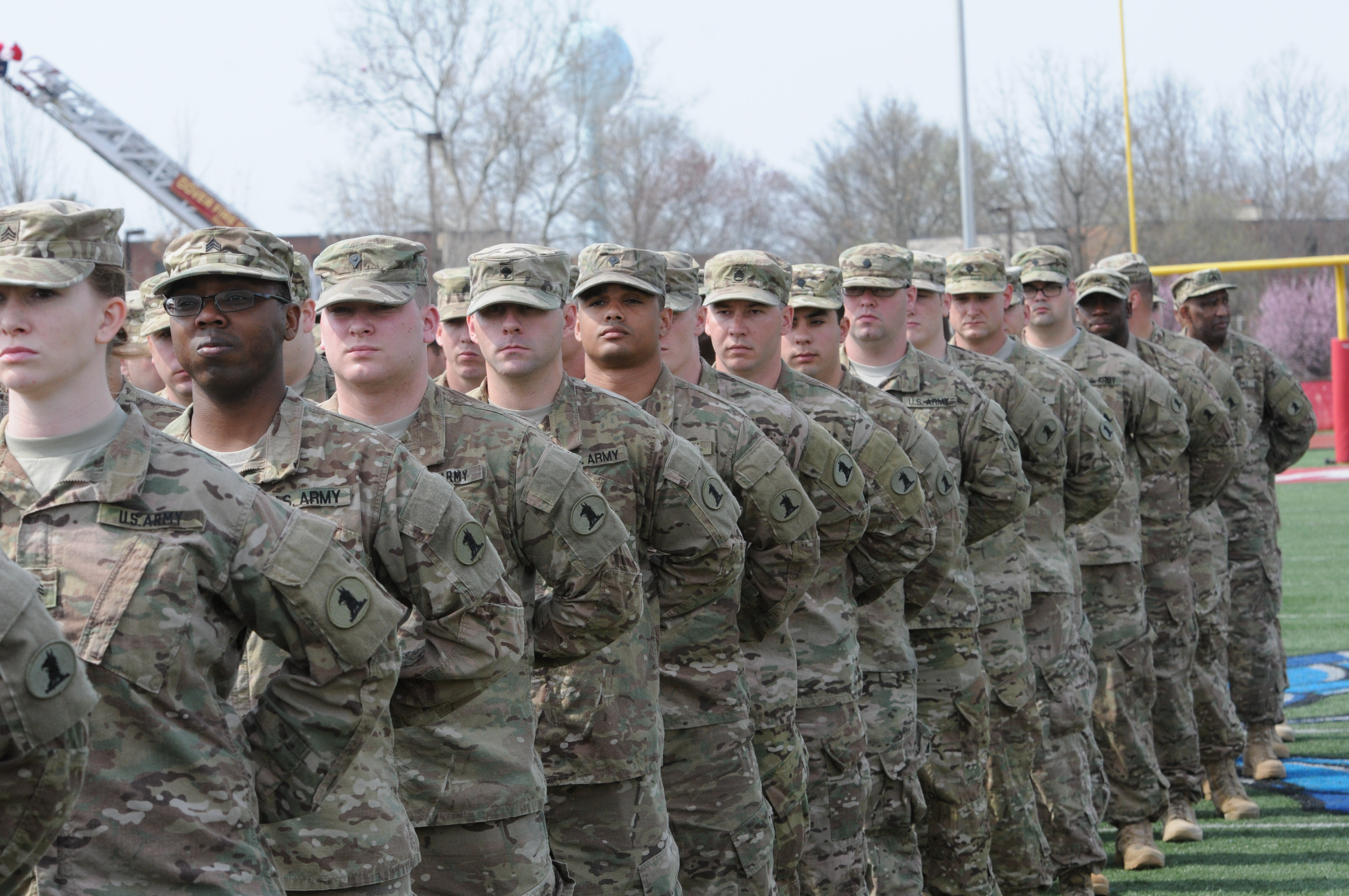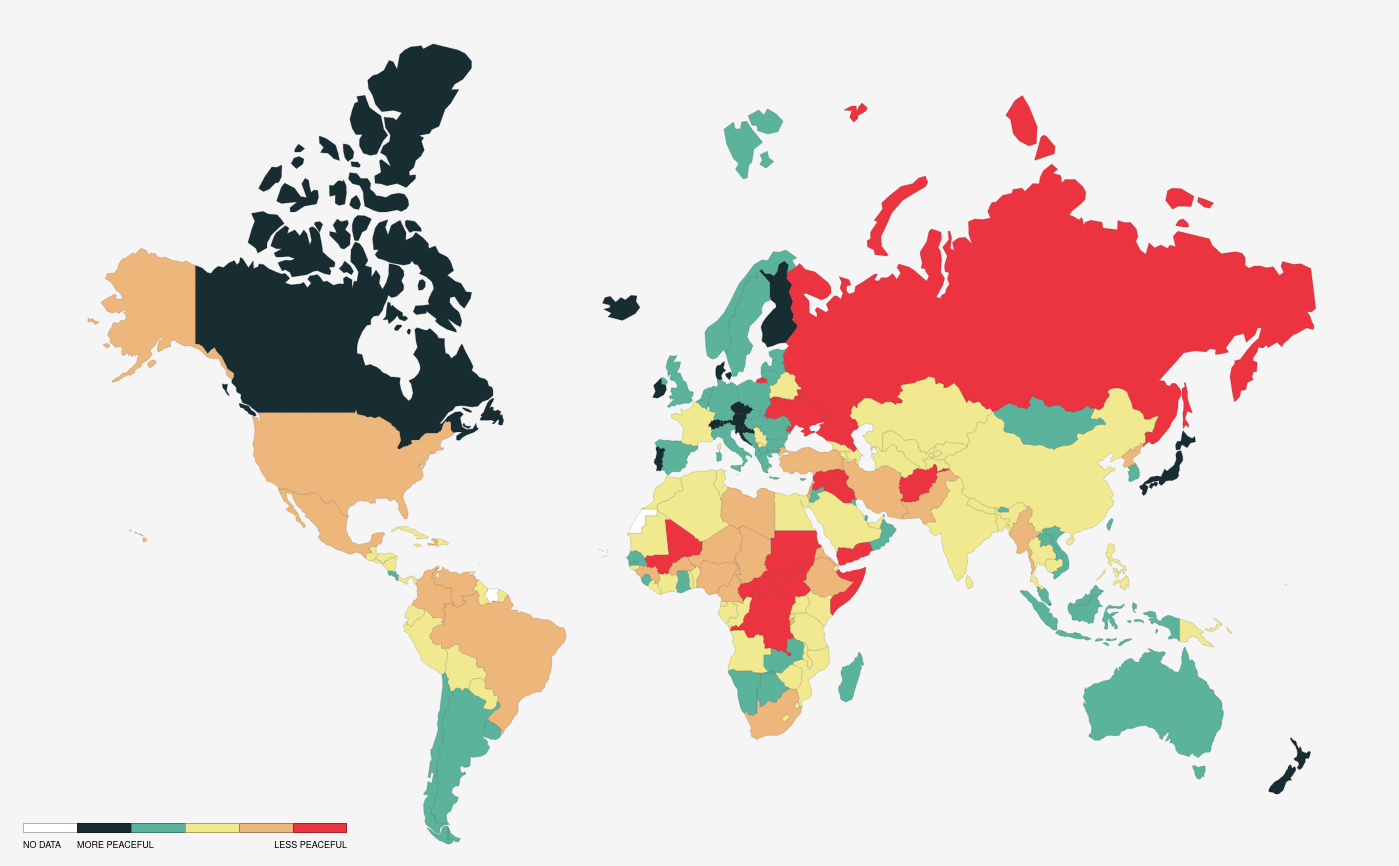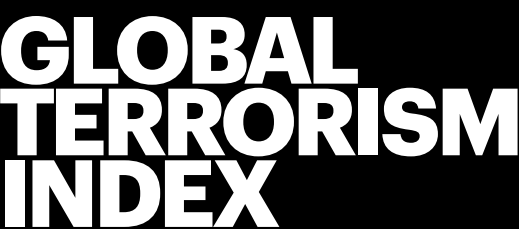|
Global Militarisation Index
The Global Militarization Index (GMI) is an annual report produced by the Bonn International Centre for Conflict Studies (BICC) which measures the relative position of nations' and regions' peacefulness. It is financially supported by German Federal Ministry for Economic Cooperation and Development. The first GMI was first published in 2006. The GMI 2023 covers 149 states and is widely used to study military economies of different countries and compare them. It focuses on three major indicators: Military personnel; Military expenditures; and weaponry. Measurement The index uses a number of indicators. * Military Expenditure Index Score: comparison of military expenditures with GDP and health care expenditures. * People Index Score: contrast between the number of military and paramilitary forces with the overall population and the number of physicians. * Heavy Weapons Index Score: number of heavy weapons available per capita. Countries * * * * * See also *Global ... [...More Info...] [...Related Items...] OR: [Wikipedia] [Google] [Baidu] |
Bonn International Centre For Conflict Studies
The Bonn International Centre for Conflict Studies (BICC), established in 1994, is a research institute located in Bonn, Germany. While the focus of BICC's work initially centered on the conversion of military facilities and equipment to civilian uses (hence its name), the institute's research has expanded to other areas of peace and development, including peacebuilding and small arms and light weapons. On 15 October 2021 the institute changed its name from ''Bonn International Center for Conversion'' to ''Bonn International Centre for Conflict Studies''. The institute publishes the Global Militarisation Index The Global Militarization Index (GMI) is an annual report produced by the Bonn International Centre for Conflict Studies (BICC) which measures the relative position of nations' and regions' peacefulness. It is financially supported by German Fede .... References External links BICC's website North Rhine-Westphalia Research institutes in Germany Organisations base ... [...More Info...] [...Related Items...] OR: [Wikipedia] [Google] [Baidu] |
Federal Ministry For Economic Cooperation And Development
The Federal Ministry for Economic Cooperation and Development (, ; abbreviated BMZ) is a cabinet-level ministry of the Federal Republic of Germany. Its main office is at the former German Chancellery in Bonn with a second major office at the Europahaus in Berlin. Founded in 1961, the Ministry works to encourage economic development within Germany and in other countries through international cooperation and partnerships. It cooperates with international organizations involved in development including the International Monetary Fund, World Bank, and the United Nations. The BMZ was created in 1961 as a reflection of the growing prioritization of foreign aid beyond financial gain, a relatively unique choice at the time. Germany was a pioneer in establishing the BMZ, as most countries did not have established aid agencies for the explicit purpose of managing ODA. In the following decades, the BMZ increasingly prioritized sustainable development (SD) in policy discourse focusing on ... [...More Info...] [...Related Items...] OR: [Wikipedia] [Google] [Baidu] |
Military Personnel
Military personnel or military service members are members of the state's armed forces. Their roles, pay, and obligations differ according to their military branch (army, navy, marines, coast guard, air force, and space force), rank ( officer, non-commissioned officer, or enlisted recruit), and their military task when deployed on operations and on exercise. Terminology Military personnel who serve in an army or otherwise large land force are referred to as soldiers. Those who serve in a navy, coast guard, or other seagoing force are seamen or sailors. Naval infantry or marines are personnel who serve both on land and at sea, and may be part of a navy or a marine corps. Personnel who serve in air forces are airmen. Space force personnel typically do not have a specific term given how few exist, but in the U.S. Space Force personnel are referred to as guardians. Designated leaders of military personnel are officers. These include commissioned officers, warrant offic ... [...More Info...] [...Related Items...] OR: [Wikipedia] [Google] [Baidu] |
Military Expenditure
A military budget (or military expenditure), also known as a defense budget, is the amount of financial resources dedicated by a state to raising and maintaining an armed forces or other methods essential for defense purposes. Financing militaries Military budgets often reflect how strongly a country perceives the likelihood of threats against it, or the amount of aggression it wishes to conjure. It also gives an idea of how much financing should be provided for the upcoming fiscal year. The size of a budget also reflects the country's ability to fund military activities. Factors include the size of that country's economy, other financial demands on that entity, and the willingness of that entity's government or people to fund such military activity. Generally excluded from military expenditures is spending on internal law enforcement and disabled veteran rehabilitation. The effects of military expenditure on a nation's economy and society, and what determines military expenditu ... [...More Info...] [...Related Items...] OR: [Wikipedia] [Google] [Baidu] |
Weapon
A weapon, arm, or armament is any implement or device that is used to deter, threaten, inflict physical damage, harm, or kill. Weapons are used to increase the efficacy and efficiency of activities such as hunting, crime (e.g., murder), law enforcement, self-defense, warfare, or suicide. In a broader context, weapons may be construed to include anything used to gain a tactical, strategic, material, or mental advantage over an adversary or enemy target. While ordinary objects such as rocks and bottles can be used as weapons, many objects are expressly designed for the purpose; these range from simple implements such as clubs and swords to complicated modern firearms, tanks, missiles and biological weapons. Something that has been repurposed, converted, or enhanced to become a weapon of war is termed ''weaponized'', such as a weaponized virus or weaponized laser. History The use of weapons has been a major driver of cultural evolution and human history up to ... [...More Info...] [...Related Items...] OR: [Wikipedia] [Google] [Baidu] |
Global Peace Index
The Global Peace Index (GPI) is a report produced by the Australia-based NGO Institute for Economics & Peace (IEP) which measures the relative position of nations' and regions' peacefulness. The GPI ranks 163 independent states and territories (collectively accounting for 99.7 per cent of the world's population) according to their levels of peacefulness. In the past decade, the GPI has presented trends of increased global violence and less peacefulness. The GPI (Global Peace Index) is developed in consultation with an international panel of peace experts from peace institutes and think tanks with data collected by the Economist Intelligence Unit. The Index was first launched in 2007, with subsequent reports being released annually. In 2015 it ranked 165 countries, up from 121 in 2007. The study was conceived by Australian technology entrepreneur Steve Killelea, and is endorsed by individuals such as former UN Secretary-General Kofi Annan, the Dalai Lama, and 2008 Nobel Peace P ... [...More Info...] [...Related Items...] OR: [Wikipedia] [Google] [Baidu] |
Global Terrorism Index
The Global Terrorism Index (GTI) is a report published annually by the Institute for Economics and Peace (IEP), and was developed by IT entrepreneur and IEP's founder Steve Killelea. The index provides a comprehensive summary of the key global trends and patterns in terrorism since 2000. It is an attempt to systematically rank the nations of the world according to terrorist activity. The index combines a number of factors associated with terrorist attacks to build an explicit picture of the impact of terrorism, illustrating trends, and providing a data series for analysis by researchers and policymakers. It produces a composite score in order to provide an ordinal ranking of countries on the impact of terrorism. The GTI is based on data from the Global Terrorism Database (GTD) which is collected and collated by the National Consortium for the Study of Terrorism and Responses to Terrorism (START) at the University of Maryland. The GTD has codified over 190,000 cases of terrorism, ... [...More Info...] [...Related Items...] OR: [Wikipedia] [Google] [Baidu] |
Democracy Index
The ''Democracy Index'' published by the Economist Group is an index measuring the quality of democracy across the world. This quantitative and comparative assessment is centrally concerned with democratic rights and democratic institutions. The methodology for assessing democracy used in this democracy index is according to Economist Intelligence Unit which is part of the Economist Group, a UK-based private company, which publishes the weekly newspaper The Economist. The index is based on 60 indicators grouped into five categories, measuring pluralism, civil liberties, and political culture. In addition to a numeric score and a ranking, the index categorizes each country into one of four regime types: full democracies, flawed democracies, hybrid regimes, and authoritarian regimes. The first Democracy Index report was published in 2006. Reports were published every two years until 2010 and annually thereafter. The index includes 167 countries and territories, of which 165 ar ... [...More Info...] [...Related Items...] OR: [Wikipedia] [Google] [Baidu] |
World Happiness Report
The World Happiness Report is a publication that contains articles and rankings of national happiness, based on respondent ratings of their own lives, which the report also correlates with various (quality of) life factors. Since 2024, the report has been published by the Wellbeing Research Centre at the University of Oxford, in partnership with Gallup, the UN Sustainable Development Solutions Network, and an independent editorial board. The editorial board consists of the three founding editors, John F. Helliwell, Richard Layard, and Jeffrey D. Sachs, along with Jan-Emmanuel De Neve, Lara Aknin, and Shun Wang. The report primarily uses data from the Gallup World Poll. As of March 2025, Finland has been ranked the happiest country in the world for eight years in a row. History In July 2011, the UN General Assembly adopted resolution 65/309 ''Happiness: Towards a Holistic Definition of Development'', inviting member countries to measure the happiness of their people ... [...More Info...] [...Related Items...] OR: [Wikipedia] [Google] [Baidu] |
Corruption Perceptions Index
The Corruption Perceptions Index (CPI) is an index that scores and ranks countries by their perceived levels of public sector corruption, as assessed by experts and business executives. The CPI generally defines corruption as an "abuse of entrusted power for private gain". The index is published annually by the non-governmental organisation Transparency International since 1995. Since 2012, the Corruption Perceptions Index has been ranked on a scale from 100 (very clean) to 0 (highly corrupt). Previously, the index was scored on a scale of 10 to 0; it was originally rounded to two decimal spaces from 1995-1997 and to a single decimal space from 1998. The 2024 CPI, published in February 2025, currently ranks 180 countries "on a scale from 100 (very clean) to 0 (highly corrupt)" based on the situation between 1 May 2023 and 30 April 2024. Denmark, Finland, Singapore, New Zealand, Luxembourg, Norway, Switzerland and Sweden, (almost all scoring above 80 over the last thirteen ... [...More Info...] [...Related Items...] OR: [Wikipedia] [Google] [Baidu] |
Human Development Index
The Human Development Index (HDI) is a statistical composite index of life expectancy, Education Index, education (mean years of schooling completed and expected years of schooling upon entering the education system), and per capita income indicators, which is used to rank countries into four tiers of Human development (humanity), human development. A country scores a higher level of HDI when the life expectancy at birth, lifespan is higher, the education level is higher, and the gross national income GNI (PPP) per capita is higher. It was developed by Pakistani economist Mahbub ul-Haq and was further used to measure a country's development by the United Nations Development Programme (UNDP)'s Human Development Report Office. The 2010 Human Development Report introduced an List of countries by inequality-adjusted Human Development Index, inequality-adjusted Human Development Index (IHDI). While the simple HDI remains useful, it stated that "the IHDI is the actual level of huma ... [...More Info...] [...Related Items...] OR: [Wikipedia] [Google] [Baidu] |





